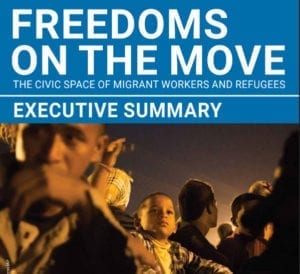Dave Welsh, Thailand director for the Solidarity Center, noted: “Sawit has been out front and extremely impactful in his work to welcome and integrate migrant workers into the Thai labor movement. Given the political sensitivities within the government and the...
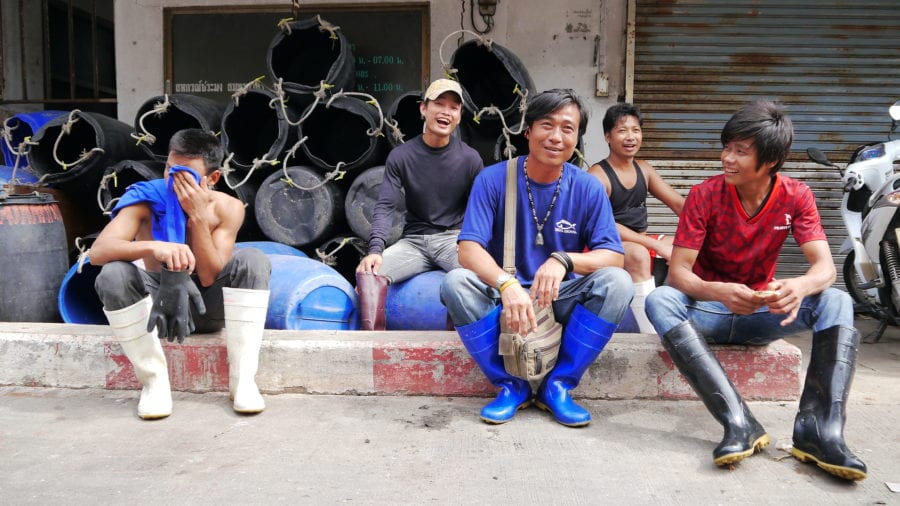
The Solidarity Center strives for rights for people on the move by ensuring migrant workers are fully able to exercise their workplace, social, economic and democratic rights. Solidarity Center/Jeanne Hallacy
Labor migration feeds the global economy. Hundreds of millions of migrant workers worldwide generate billions of dollars in global remittances. They are domestic workers, construction and agricultural workers, factory and service workers, teachers and professionals. Migrant workers often travel long distances due to a lack of decent work at home to support their families and build a better life. They frequently are denied the most basic human rights. For instance, most destination countries deny migrant workers the right to form unions, and explicitly exclude them from labor law protections, and women migrant workers are often subject to gender-based violence and harassment in their workplaces.
The Solidarity Center strives for worker rights for people on the move by ensuring migrant worker rights are a key part of the labor movement. We cultivate an understanding of how exploitative labor migration management schemes are a widespread means by which to undercut worker wages, create precarious work and pit workers against each other. And, in addressing these structural ills, we emphasize a response that understands the intersectionalities and identities that make migrant workers especially vulnerable. Our goal is to ensure that migrant workers are fully able to exercise their workplace rights, as well as their social, economic and democratic rights.
We also focus on the creation of decent work in home countries so workers can migrate by choice and not due to economic coercion. We recognize that migration is not caused by a single factor that “pushes” workers to migrate. In doing so, we bring our unique worker rights voice more broadly by emphasizing that everyone deserves dignity at work regardless of status—climate migrants, economic migrants and conflict refugees. We work to achieve this through programs that focus on union organizing and collective bargaining, policy advocacy, access to justice, safe migration and, more broadly, the ability to exercise fundamental freedoms as democratic participants.
Find out more
- A Pandemic Reset for Migrant Workers, Neha Misra and Shannon Lederer
- How COVID-19 Affects Women in Migration, Carolina Gottardo and Paola Cyment
Freedoms on the Move, a 2019 report by Solidarity Center and CIVICUS, is an urgent call to action for unions and other civil society groups to include migrant workers and refugees in advancing civic rights.
[Vice News] What Governments Don’t Want You To Know About Modern Slavery: Video
“But really, to make the change, there has to be institutional change … not just easy fixes,” said Neha Misra, Solidarity Center global lead for migration and human trafficking. “The systems and institutions that are used to manage migration around the world inherently make migrants vulnerable to trafficking. And yet governments don’t want to do anything about immigration systems.”
RIGHTS ADVOCATES BUILD SOUTHEAST ASIA CAMPAIGN AGAINST WAGE THEFT
On this year’s July 30 World Day Against Trafficking in Persons, a coalition of rights organizations including the Solidarity Center are highlighting widespread wage theft perpetrated against Southeast Asia’s migrant workers. Although this form of labor exploitation...
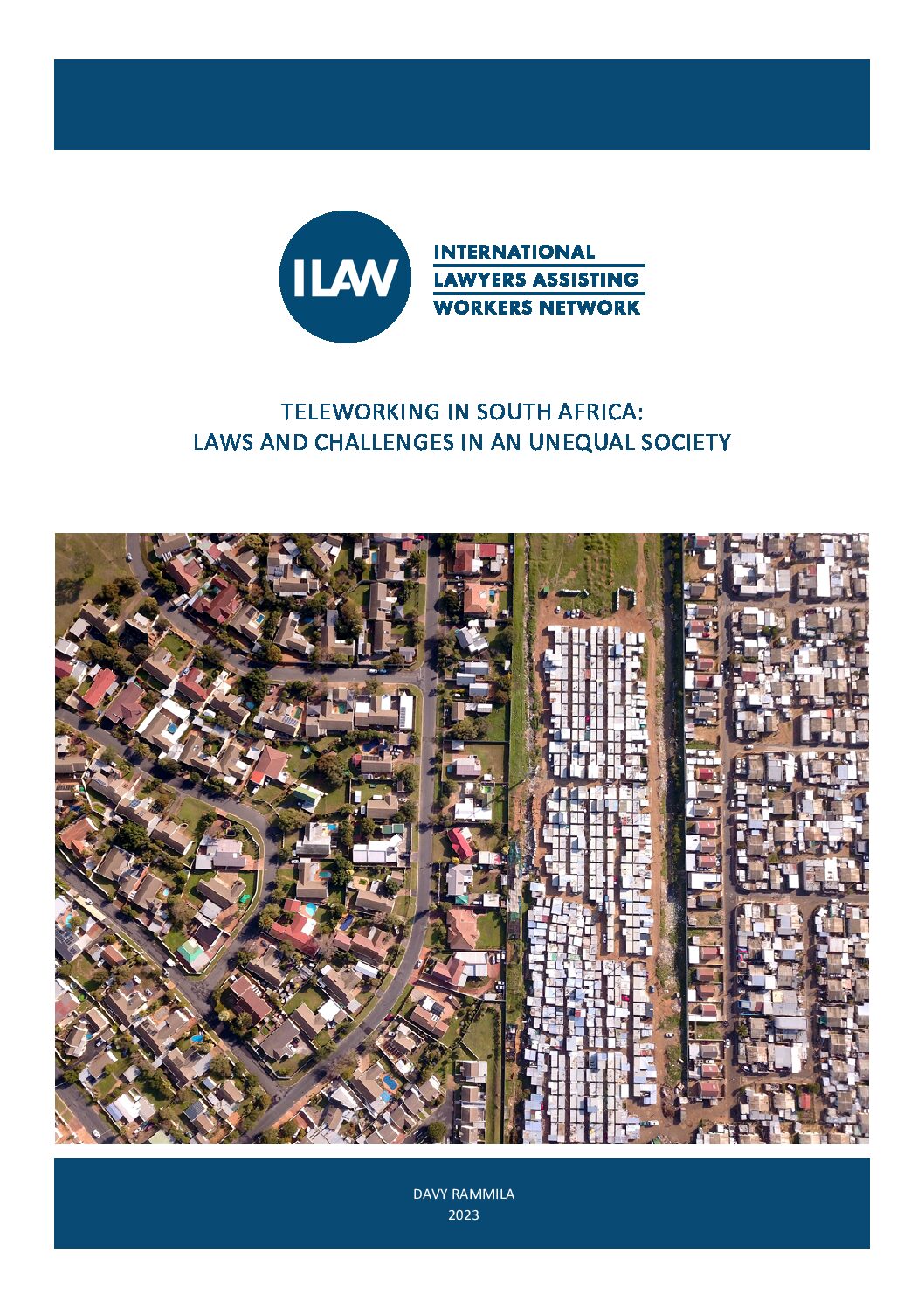
TELEWORKING IN SOUTH AFRICA: LAWS AND CHALLENGES IN AN UNEQUAL SOCIETY
The ILAW Network is pleased to release reports on the regulation of telework in Mauritius and South Africa. The reports examine the impact of telework on a range of worker rights topics, including the regulation of atypical work, access to health and safety measures,...
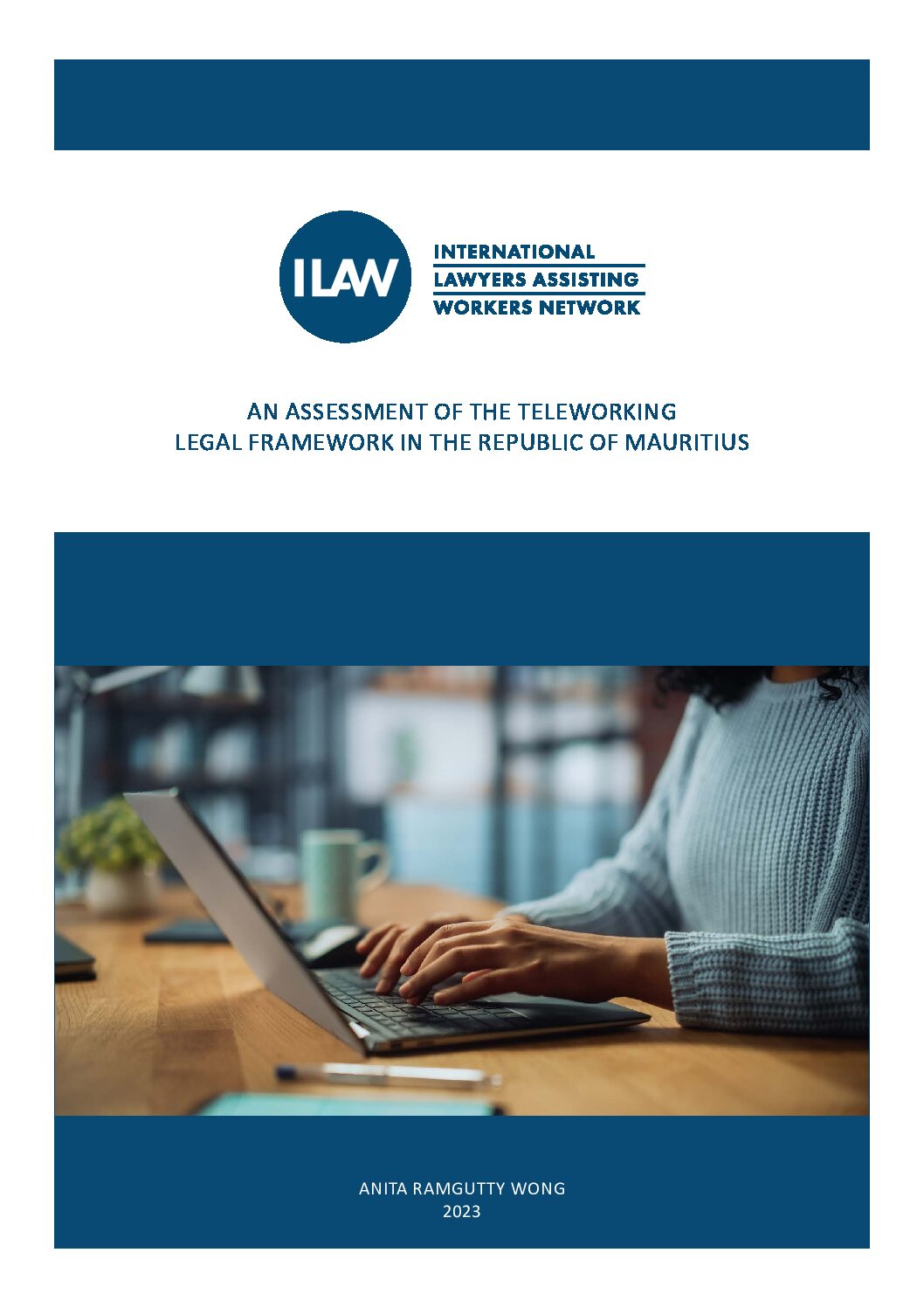
AN ASSESSMENT OF THE TELEWORKING LEGAL FRAMEWORK IN THE REPUBLIC OF MAURITIUS
The ILAW Network is pleased to release reports on the regulation of telework in Mauritius and South Africa. The reports examine the impact of telework on a range of worker rights topics, including the regulation of atypical work, access to health and safety measures,...
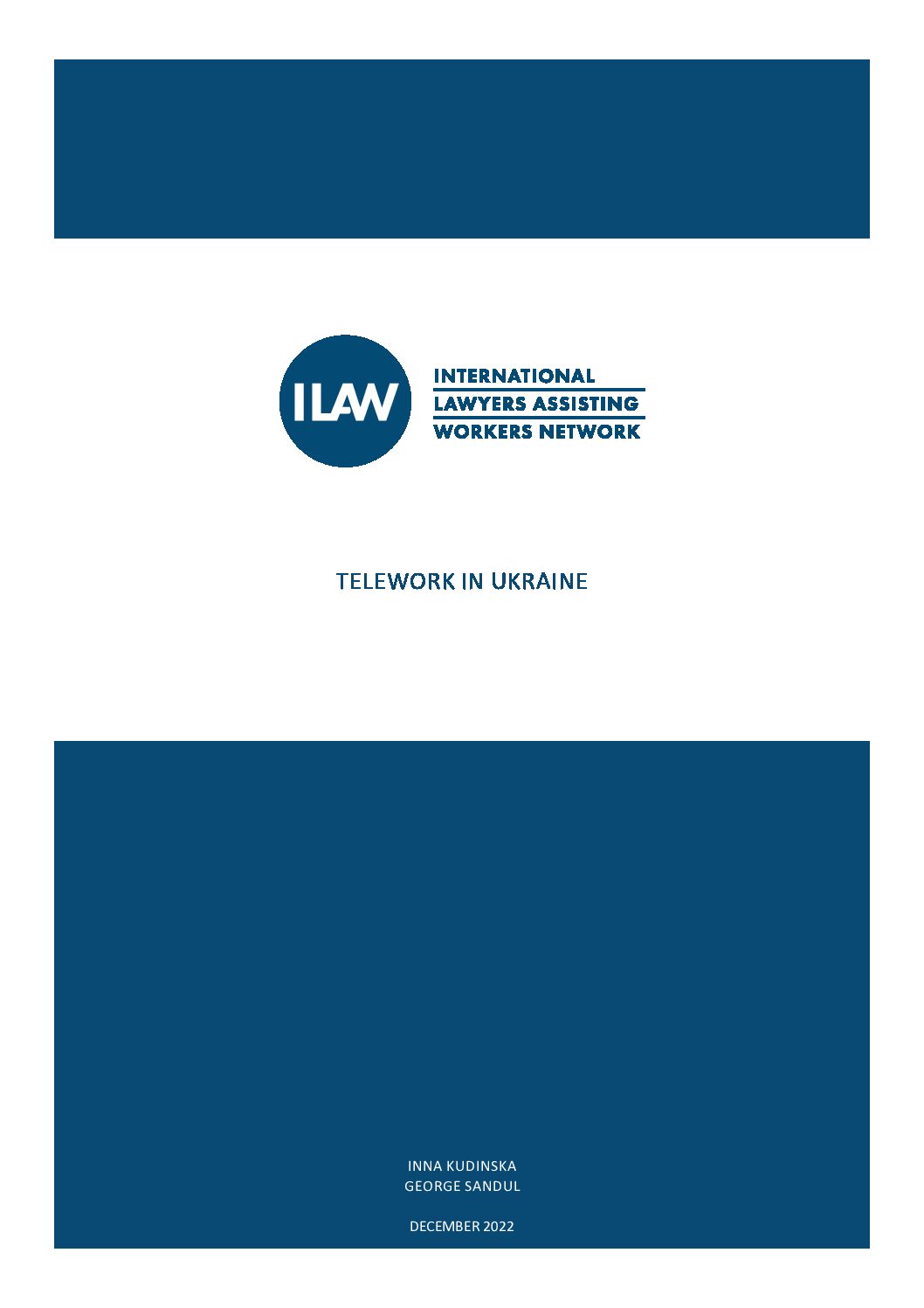
TELEWORK IN UKRAINE
The ILAW Network has undertaken a research series on telework in Europe and Central Asia. National reports examining the regulation of telework in Moldova, Poland, and Ukraine examine the impact of telework on a range of worker rights issues, including work hours and...
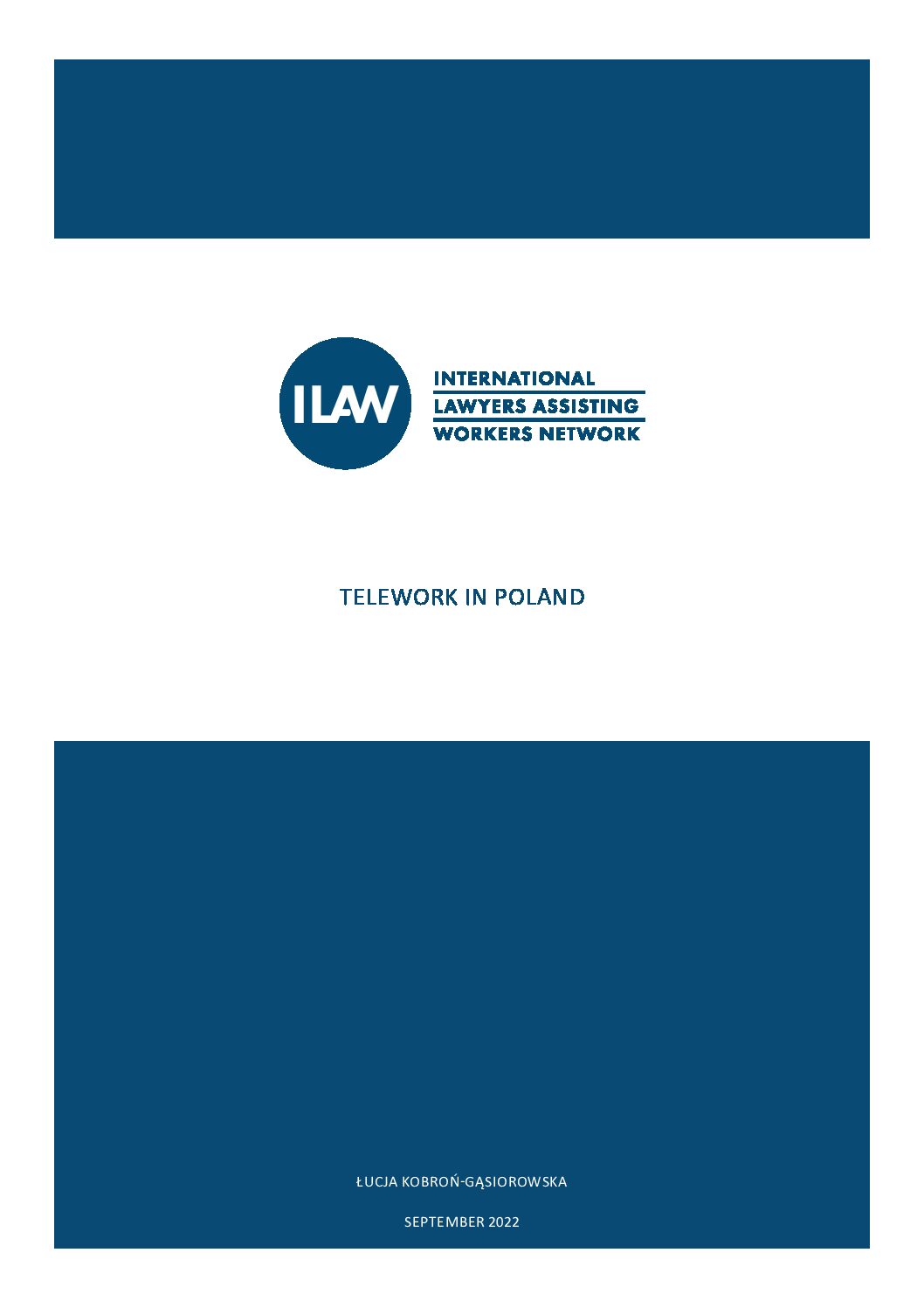
TELEWORK IN POLAND
The ILAW Network has undertaken a research series on telework in Europe and Central Asia. National reports examining the regulation of telework in Moldova, Poland, and Ukraine examine the impact of telework on a range of worker rights issues, including work hours and...
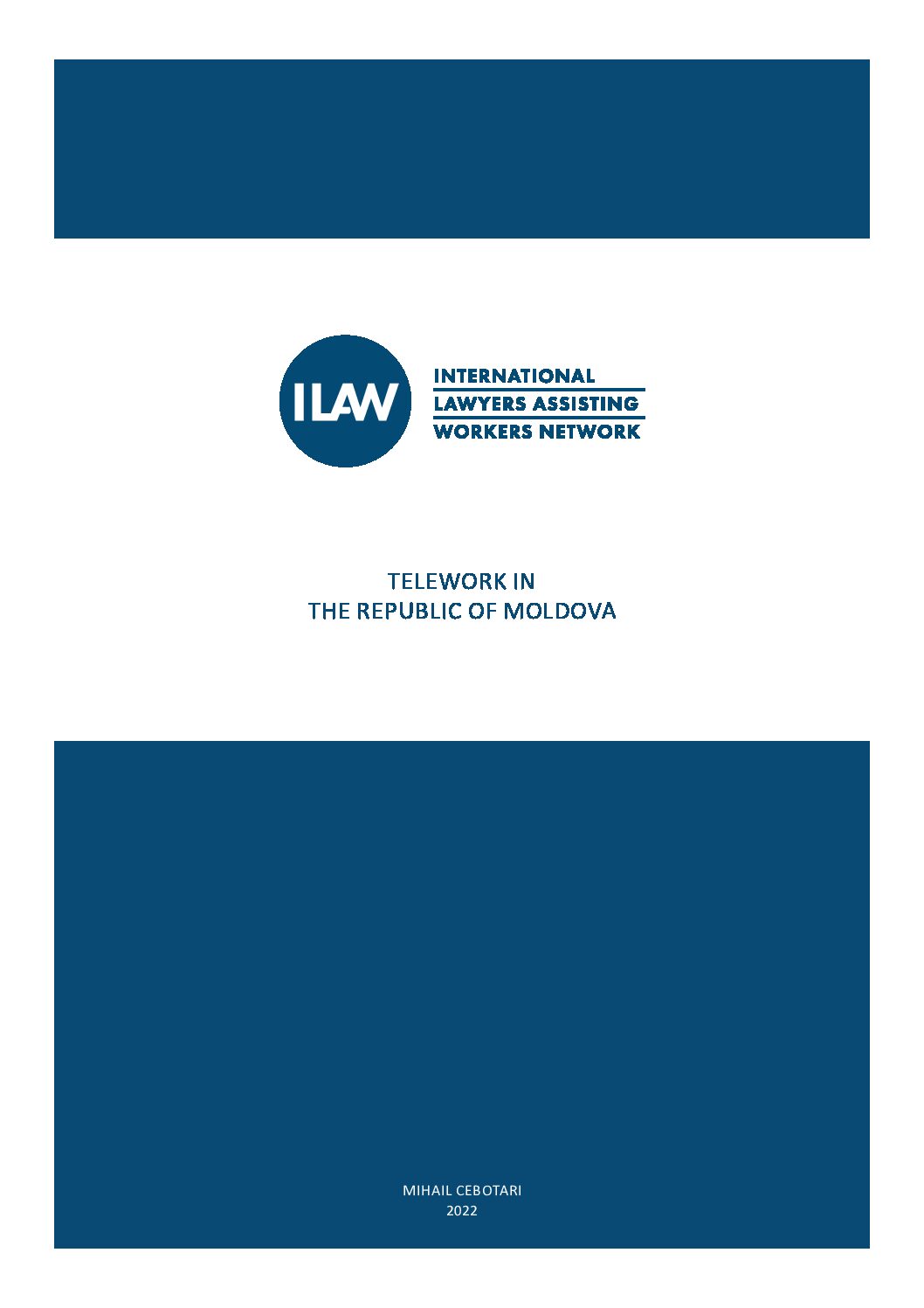
TELEWORK IN THE REPUBLIC OF MOLDOVA
The ILAW Network has undertaken a research series on telework in Europe and Central Asia. National reports examining the regulation of telework in Moldova, Poland, and Ukraine examine the impact of telework on a range of worker rights issues, including work hours and...
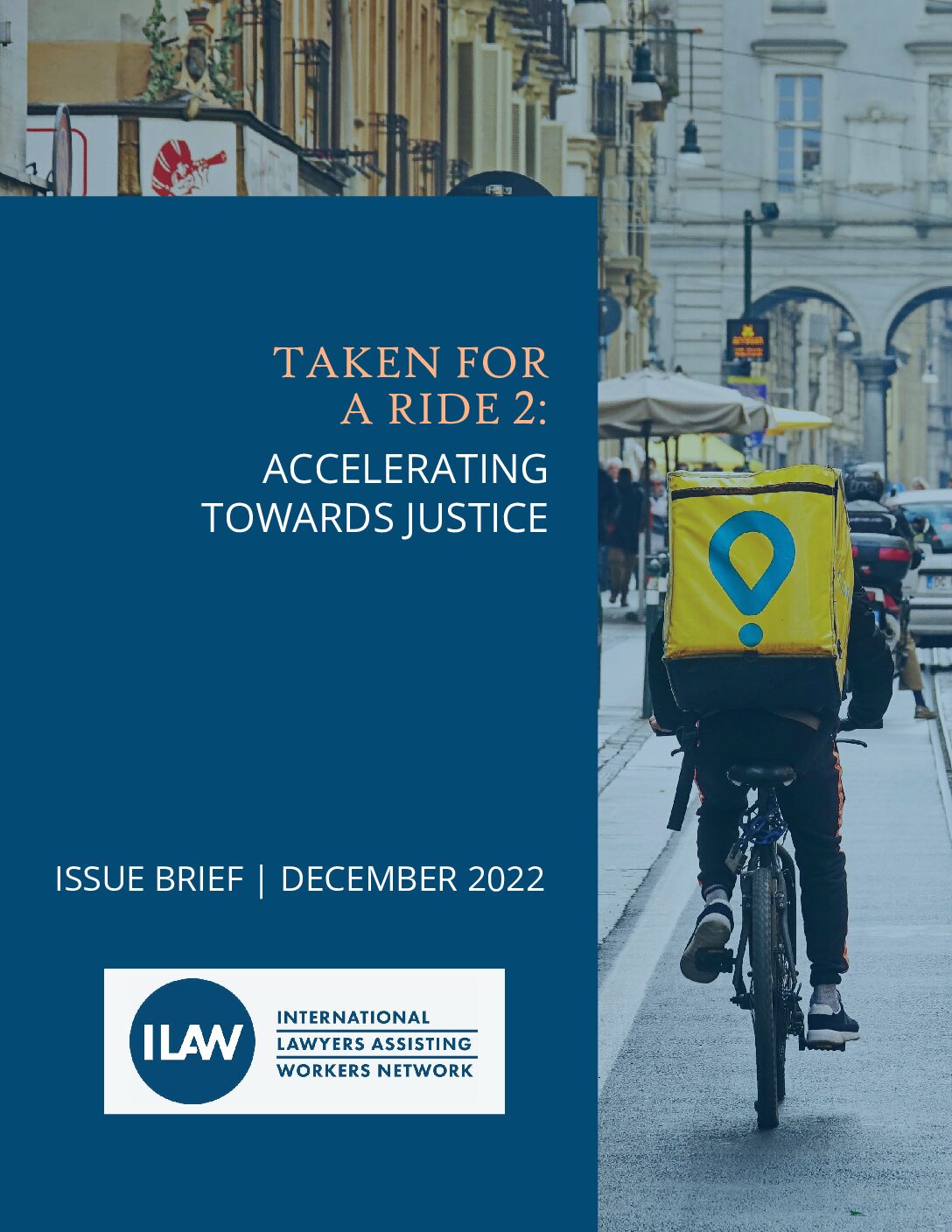
Taken for a Ride 2: Accelerating Towards Justice
This report is an update to the original Taken for a Ride Issue Brief, released in March of 2021. Download it in English or Spanish.

